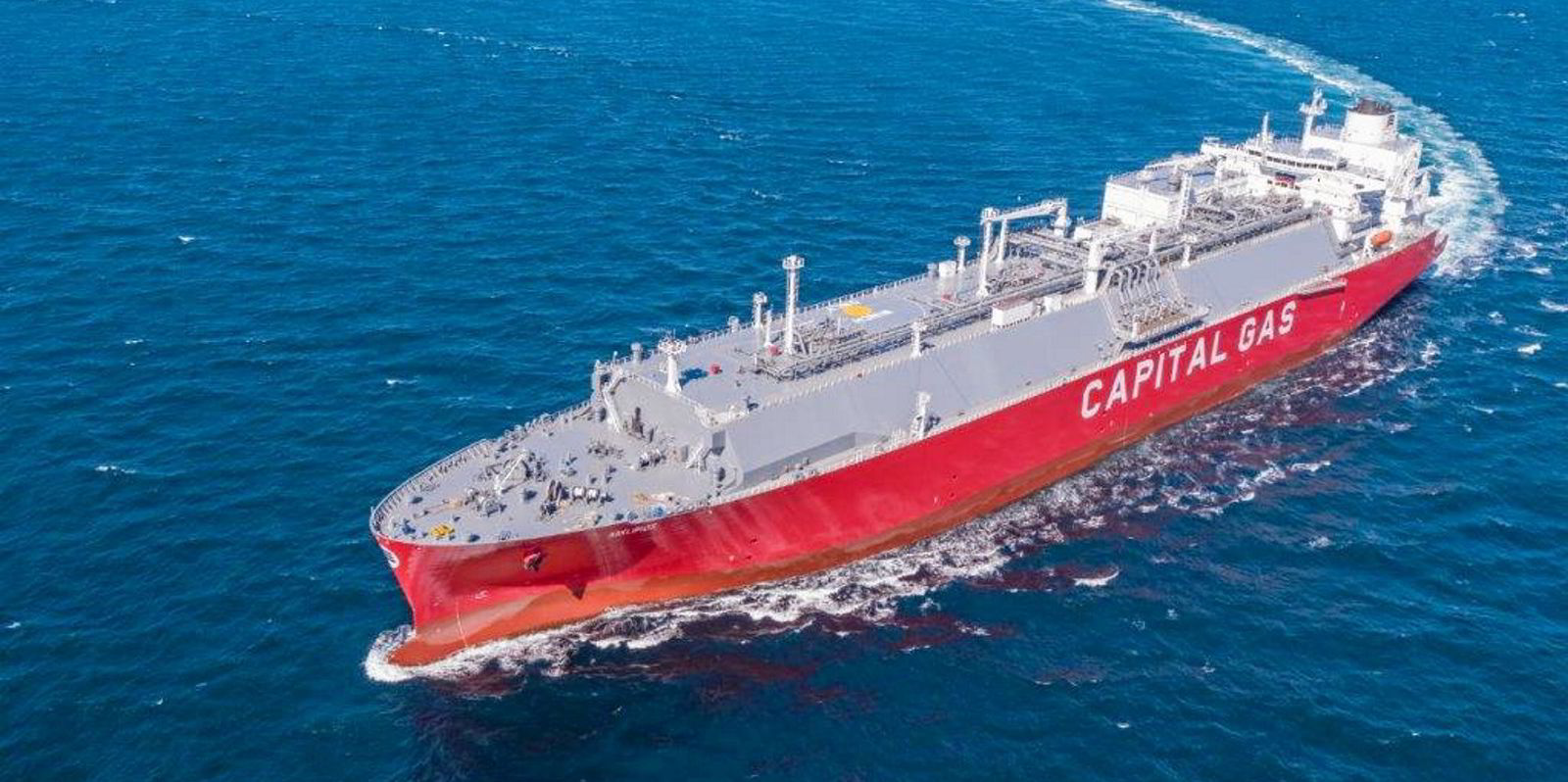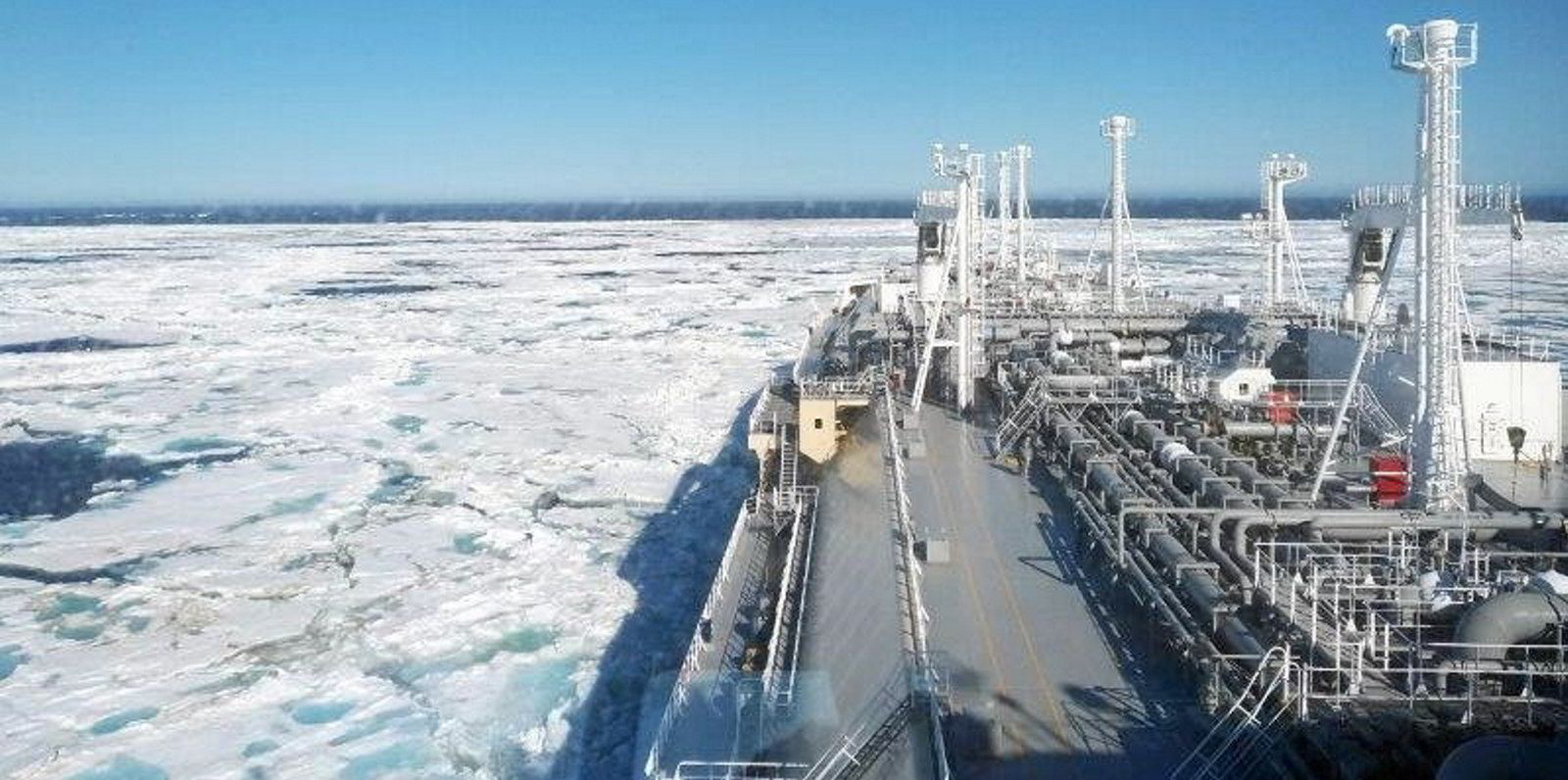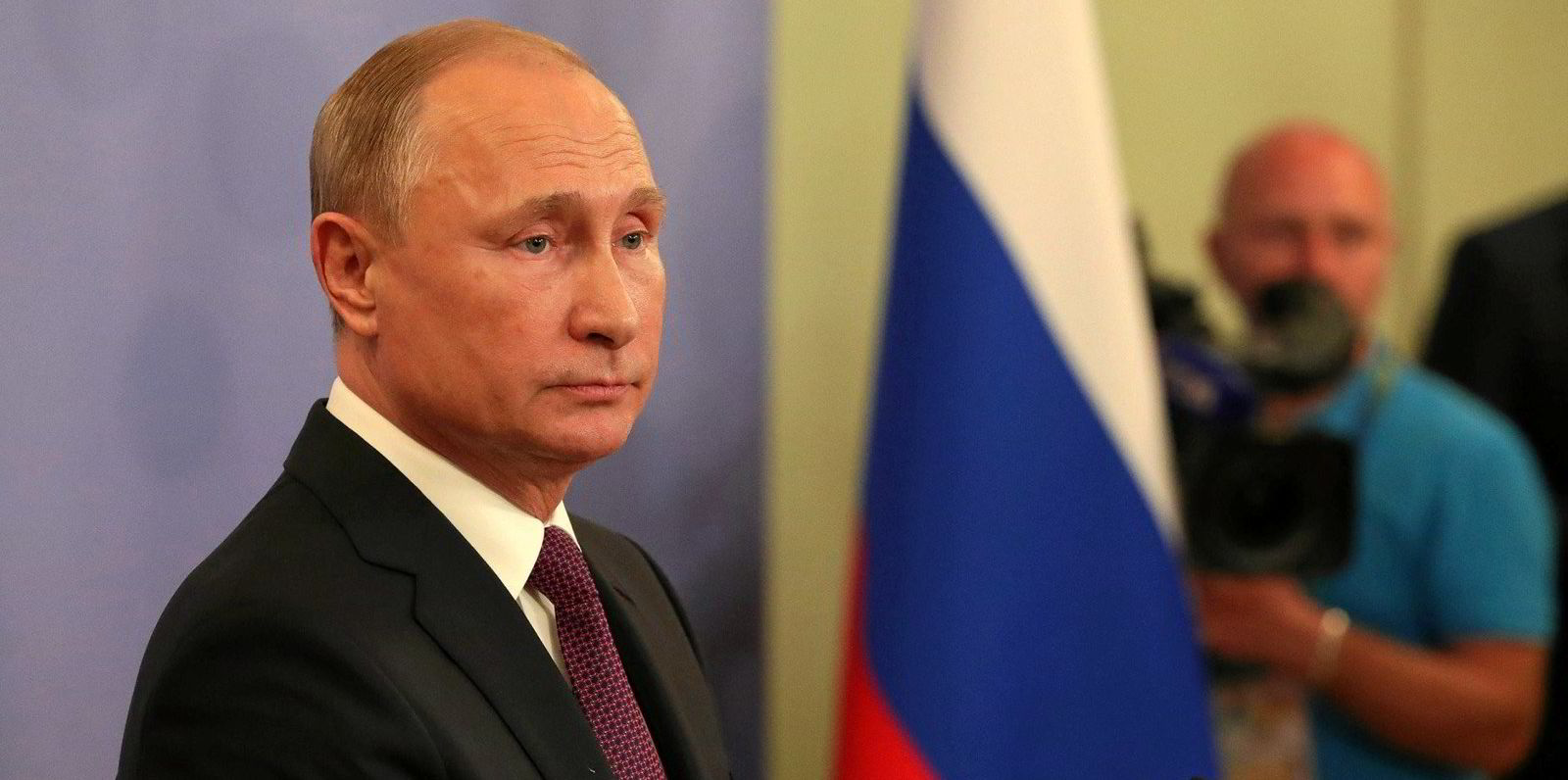LNG supply continues to tighten as European powers attempt to prevent a potential invasion of Ukraine by Russia.
Simpson Spence Young (SSY) said on Monday that tensions between the west and Russia, which provides Europe with 35% of its LNG, has contributed to lower than usual supply in recent months and was helping to push gas prices even higher.
The shipbroker’s note comes as French President Emmanuel Macron met with his Russian counterpart, Vladimir Putin, in hopes of preventing an attack and the US prepares “the mother of all sanctions”.
“Any further sanctions on Russia from the US are likely to further impact supplies,” the note read.
Russia has denied that it intends to invade, though it has reportedly amassed 100,000 troops on the Ukrainian border and US and UK officials have warned an invasion is imminent.
Should an attack take place, both countries have threatened sanctions, which investment bank Evercore warned could lead to a “gas crisis” for Europe, benefitting US LNG exporters.
Both SSY and Evercore noted Europe has low LNG reserves currently.
Potential US sanctions could come from Congress, where there are bills in both the House of Representatives and Senate with bipartisan support.
The Senate bill was introduced by Senator Bob Menendez, a New Jersey Democrat, who described the potential blacklistings as “the mother of all sanctions” on 3 February.
The sanctions would target Russian financial and banking institutions and levy sanctions on high-level political figures. It would also hit Russia's oil and gas industries, blocking transactions with firms and people in those industries.
Should the bill pass both the House and the Senate, it would go before President Joe Biden to sign into law.
White House officials have said several times that sanctions would not be appropriate ahead of an invasion as they would lose their deterrent effect.
Senator Tim Kaine, a Virginia Democrat, told CNN that sanctions need to be announced in advance to have that deterrent effect while Senator Ben Cardin, a Maryland Democrat, said Russia would pay a “very, very, very heavy price from the economic point of view and the isolation politically” should they invade.





